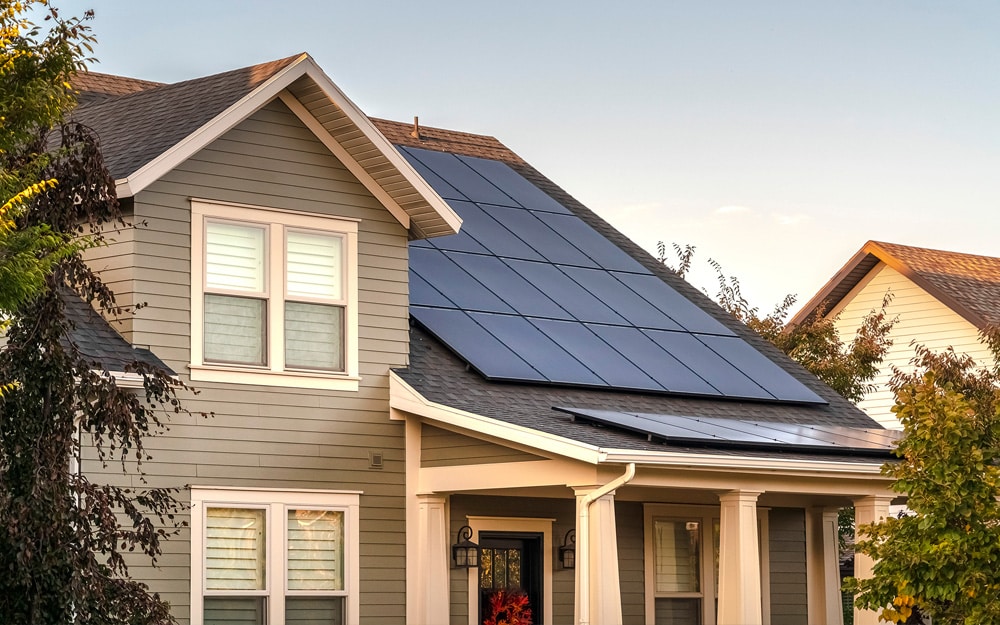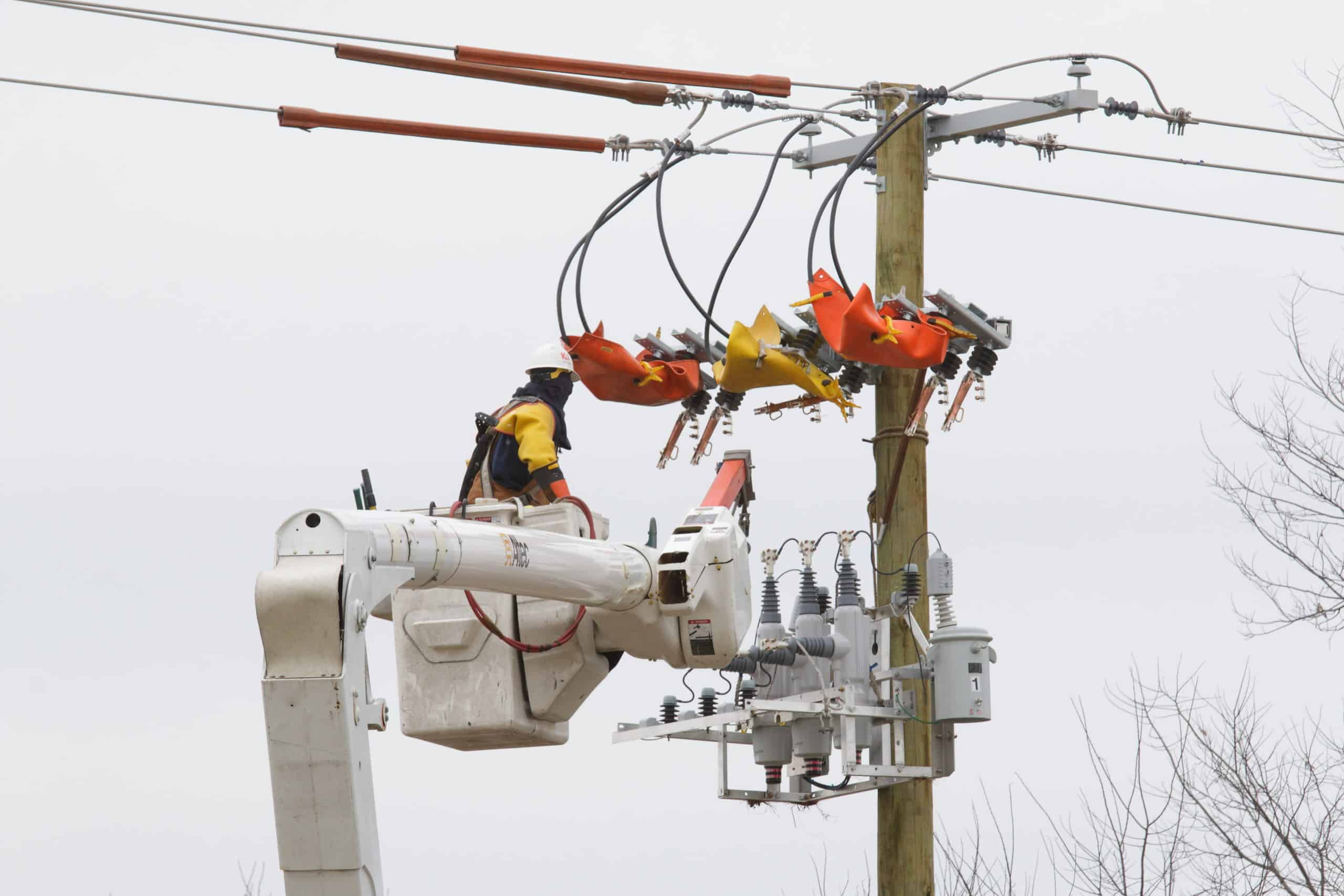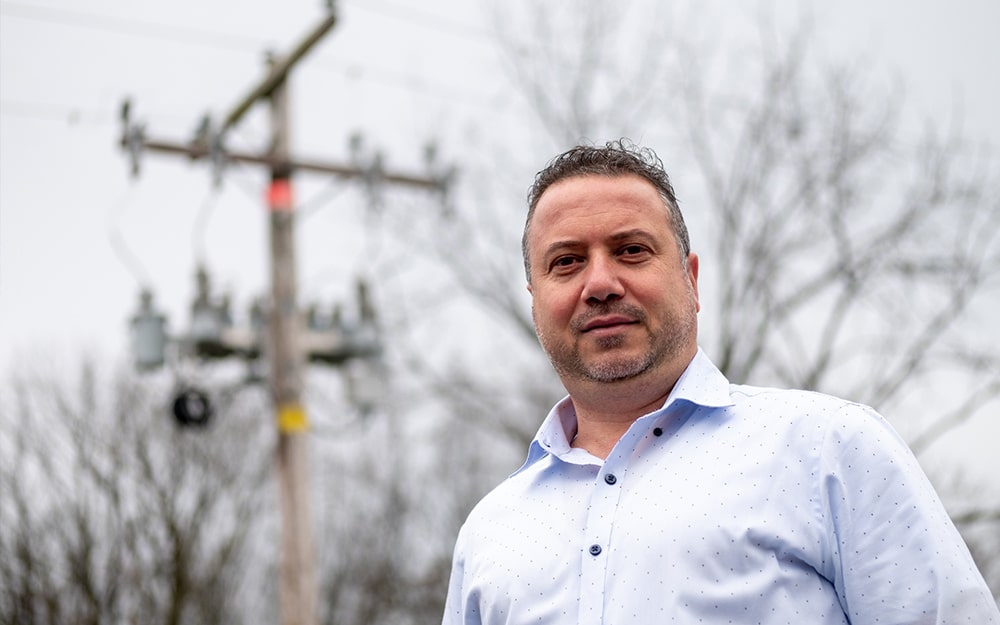The Keystone Solar Future Project is an example of the innovative thinking PPL Electric is using as new on-site generation technologies transform the utility environment.
The project will set up a “distributed system platform” that leverages the company’s existing smart grid technology to plan for, monitor and control distributed energy resources such as solar panels. In 2017, PPL received a $3.3 million U.S. Department of Energy grant to pay a portion of the project cost.
The company’s Keystone Solar Future Project aims to smoothly integrate increasing amounts of customer-owned generation into the existing delivery network in a way that maintains a high level of service and reliability for all customers.
“Our customers’ interest in solar and other distributed energy installations increases each year,” said Stephanie Raymond, vice president-Distribution Operations. “We will innovate and adjust to these new developments, while continuing to provide safe, reliable, affordable service.”
The project will demonstrate that solar and other customer-owned generation – properly placed and integrated into the electric grid – can benefit the customers who install it and can have significant benefits for society.
Launched in 2017, the pilot program will seek to connect hundreds of new private solar installations by 2020 and to demonstrate the ability to control this generation to improve reliability and reduce electricity costs for all customers.
“Our smart grid technology has already enabled large strides forward in terms of reliability improvements,” Raymond said. “Now, we’ll take innovation to a new level to help manage the way distributed energy installations interact with the grid. Over the longer term, our goal is to manage all emerging technology, such as battery storage and smart thermostats, in a way that produces a sustainable and reliable two-way distribution grid.”
The project is expected to create jobs as local solar companies install additional systems and to lower costs for all customers, not just those installing private generation.
The total cost of the project is estimated at $9 million. PPL will provide the balance of the funding in partnership with General Electric, EPRI, Landis+Gyr, Drexel University and BRIDGE Energy Group.



